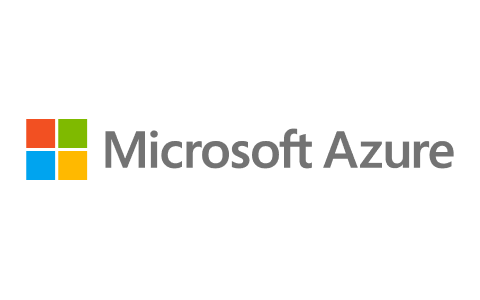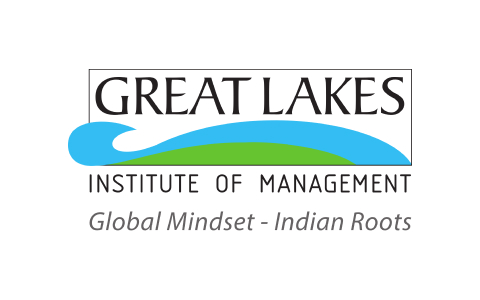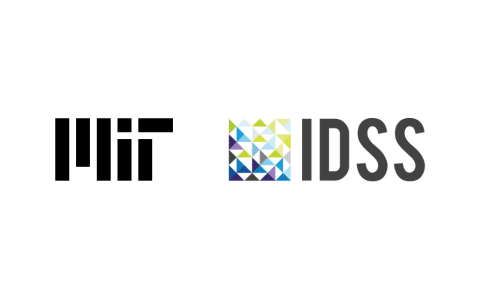Cloud Networking With AWS VPC
Accelerate your career in Cloud Networking by enrolling in this free course. Learn to use AWS to manage organization’s virtual private cloud to monitor networking environment.

Ratings
Level
Learning hours

Learners
Skills you’ll Learn
About this course
Cloud Networking with AWS VPC course will help you understand the Amazon VPC, a Virtual Private Cloud. The course will comprehend cloud computation and its benefits for various industries in almost every domain. You will learn to set up a virtual private network on AWS Cloud with the step-by-step procedure discussed in the course. You will also get familiarized with the User Interface of the AWS control panel. Next, the tutor will give you a hands-on learning experience of the AWS VPC that will benefit you to understand the concept better. After finishing the course, you can take the quiz to gain a course completion certificate.
Are you looking to upgrade yourself with a professional course in Cloud Computing? Look no further! The wait is over with the Great Learning professional Cloud Computing course. You can enroll in this course and build your career in the domain.
Course Outline
This module starts with helping you understand what Cloud Computing is and go through various cloud models like public, private, and hybrid clouds.
In this module, you will learn about AWS and the various kind of services provided by AWS Cloud. Later, you will understand the core service domain of AWS. Next, the tutor will explain specifically about AWS networking services.
The second chapter will comprehend you about AWS CloudFront with the help of an example. Then you will understand briefly about Amazon VPC. Lastly, the tutor will explain to you the working architecture of Amazon VPC with the help of a diagram.
In this module, you will get familiarized with the interface of Amazon VPC after signing up for an AWS account. Later on, the tutor will show you the step-by-step procedure to create an Amazon VPC.
In the second part of the demo, you will get hands-on with Amazon VPC, followed by the steps described in this module. You will also learn how you can set up an Amazon Machine Image with other configurations to launch the instance created by you in Amazon VPC.
What our learners enjoyed the most
Skill & tools
60% of learners found all the desired skills & tools
Ratings & Reviews of this Course
Frequently Asked Questions
What are the prerequisites required to learn this AWS VPC course?
Anyone with a basic understanding of Cloud Computing Fundamentals can learn from this course.
How long does it take to complete this free AWS VPC course?
The duration of the course content is 1 hour, which you can complete at your own pace.
Will I have lifetime access to the free course?
Yes, the course is self-paced, and you can access this course anytime you want.
What are my next learning options after this AWS VPC course?
After you finish this course, you can opt for the Great Learning Cloud courses that will help you learn all the important concepts of AWS Cloud.
Is it worth learning AWS VPC?
AWS VPC is a virtual private cloud service provided by Amazon that can be used to monitor the complete virtual networking environment with access to various controls and configurations. Learning AWS VPC provides great worth to your career.
Popular Upskilling Programs
Cloud Networking With AWS VPC
Amazon Web Services (AWS) is a leading cloud computing platform offering a vast array of services, with the Virtual Private Cloud (VPC) standing at its core. AWS VPC is a pivotal component, enabling organizations to construct a secure and scalable network infrastructure within the cloud. In this article, we'll delve into the concept of AWS VPC, its essential components, and the manifold benefits it brings to businesses.
Understanding AWS VPC
AWS VPC is a virtual network environment that is exclusively dedicated to your AWS account. It provides the capability to provision a logically isolated segment within the AWS Cloud, where you can deploy various AWS resources such as EC2 instances, RDS databases, and more. The beauty of AWS VPC lies in the complete control it bestows upon users, empowering them to define IP address ranges, subnets, routing policies, security configurations, and network gateways.
Key Components of AWS VPC
- Subnets: Subnets act as partitions within an AWS VPC and can span multiple availability zones within a region. They serve the purpose of grouping resources together, allowing for precise traffic control and security enforcement.
- Route Tables: Route tables are used to establish rules for directing traffic between subnets and the internet. These tables are highly customizable, giving users the flexibility to control traffic flow as per specific requirements.
- Security Groups: Security Groups function as virtual firewalls for AWS resources, operating at the instance level. They are instrumental in controlling inbound and outbound traffic and play a critical role in bolstering security.
- Network Access Control Lists (NACLs): NACLs provide an additional layer of security, functioning at the subnet level as stateless firewalls. They offer the ability to permit or deny specific types of traffic based on predefined rules.
- Internet Gateways: Internet Gateways facilitate connectivity between resources within a VPC and the broader internet or other AWS services like S3. They are essential for enabling communication with external entities.
- Virtual Private Gateway (VGW): VGW enables secure communication between the VPC and on-premises data centers through VPN or Direct Connect, facilitating hybrid cloud setups.
Advantages of AWS VPC
- Security: The VPC offers robust security features, allowing for fine-grained access control and resource isolation. Security Groups and NACLs provide multiple layers of defense.
- Scalability: VPCs are highly scalable, allowing businesses to expand their network effortlessly by adding new subnets or resources as needed, without worrying about physical infrastructure constraints.
- Cost-Efficiency: AWS VPC operates on a pay-as-you-go model, eliminating the need for upfront hardware investments. Users only pay for the resources they consume.
- High Availability: By distributing resources across multiple availability zones, AWS VPC ensures high availability. In the event of an issue in one zone, traffic can be automatically rerouted to a healthy one.
- Hybrid Cloud Integration: VPC seamlessly integrates with on-premises data centers through VGW, facilitating hybrid cloud architectures.
- Compliance: AWS VPC assists organizations in meeting regulatory and compliance requirements by providing features like network isolation and encryption.
Use Cases for AWS VPC
AWS VPC finds relevance in various scenarios, including hosting web applications, running enterprise applications, supporting data analytics workloads, creating development and testing environments, and serving as a foundation for disaster recovery solutions.
In conclusion, AWS VPC is an indispensable tool for organizations seeking to harness the full potential of cloud computing while maintaining control over their network infrastructure. It offers robust security, scalability, cost-efficiency, and integration options, making it a cornerstone for businesses of all sizes. Mastery of AWS VPC is essential for building secure and efficient cloud-based solutions.



























